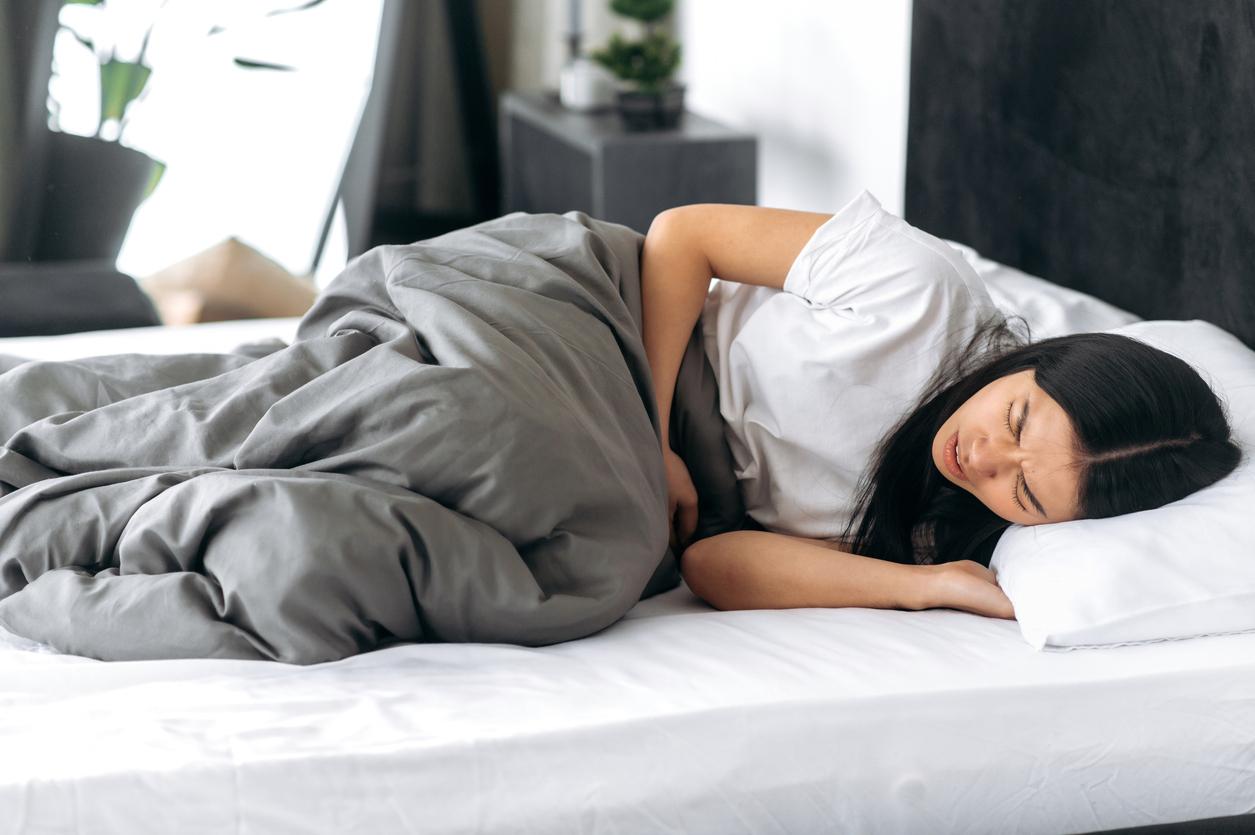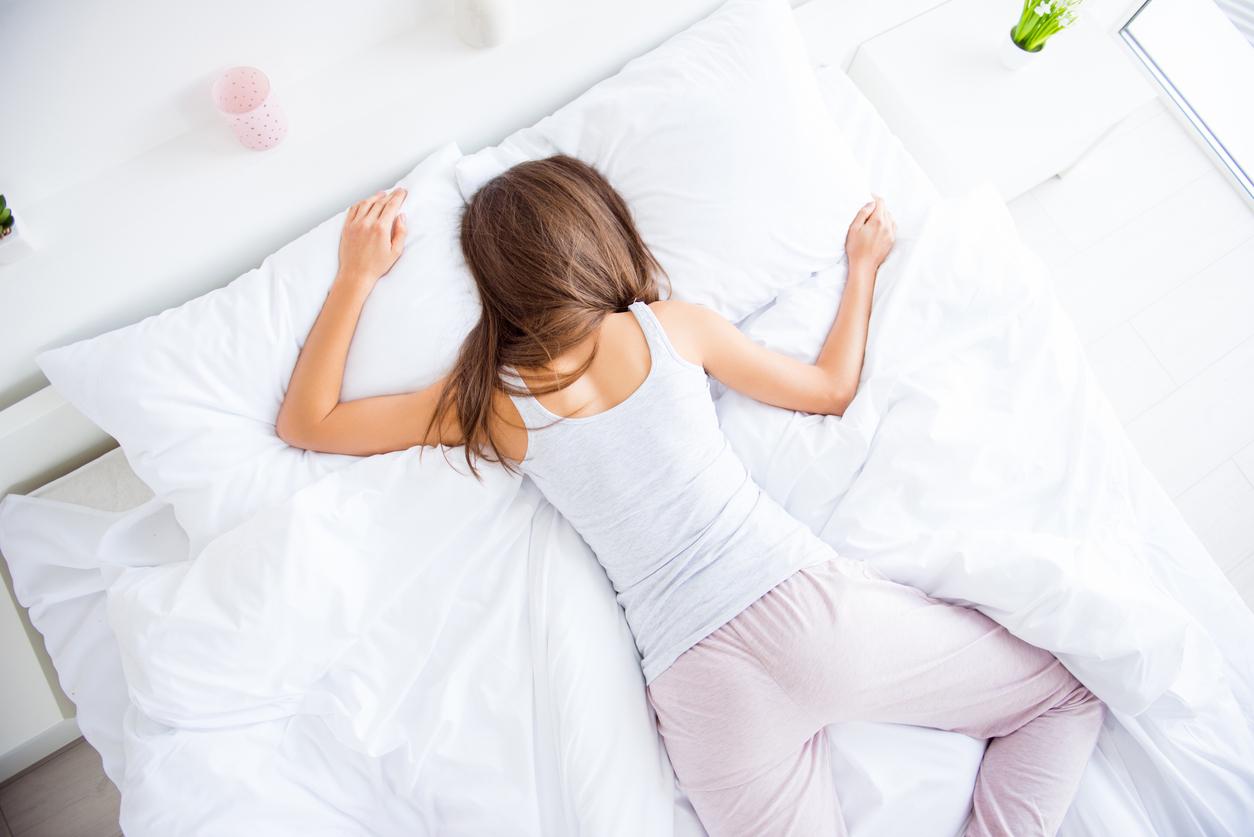Women tend to experience disruptions in their sleep patterns and experience anger in the days leading up to their period.

- In the days before and during their periods, women spent more time awake at night.
- During the perimenstrual phase, patients reported increased feelings of anger compared to other phases of their menstrual cycle.
- Because of their sleep problems, they were less calm, less happy and less enthusiastic.
“Menstruators are at increased risk of sleep and mood disorders attributed in part to monthly oscillations in sex hormones. Emotional functioning and sleep continuity deteriorate during the perimenstrual phase of the cycle,” indicated scientists from the University of East Anglia (England). In a new study, they examined the interactive effects of sleep, menstrual cycle and emotions in healthy adults.
Evaluate the sleep and emotions of 51 women during four phases of the menstrual cycle
For the purposes of the work, published in the journal The Journal of Sleep Research, the team recruited 51 women aged 18 to 35. The participants had regular periods and were not taking hormonal contraception. They had to fill out a questionnaire about their sleeping habits and their emotions. The volunteers wore connected watches to assess their sleep for two months, more precisely during four phases of the menstrual cycle: perimenstrual, mid-follicular, periovulatory and mid-luteal. According to the data, the length of their menstrual cycle was approximately 29 days.
More time awake and less positive emotions during the perimenstrual phase
According to the results, women experience disruptions in their sleep patterns before and during their periods. In detail, they spent more time awake at night (8 to 16 minutes more) with a lower proportion of time spent in bed asleep. During the perimenstrual phase, participants report increased feelings of anger compared to other phases of their menstrual cycle. Another observation: sleep disorders during the perimenstrual phase are correlated with a reduction in positive emotions, such as calm, happiness and enthusiasm.
“Take hormonal fluctuations into account when treating sleep disorders”
“Research highlights the importance of considering hormonal fluctuations when treating sleep disorders and emotional distress in women. The implications of this study extend beyond a simple controlled setting, offering potential avenues for interventions and treatments aimed at improving sleep quality and emotional resilience in women”, concluded Joanne Bower, psychologist and co-author of the study, in a statement.

















